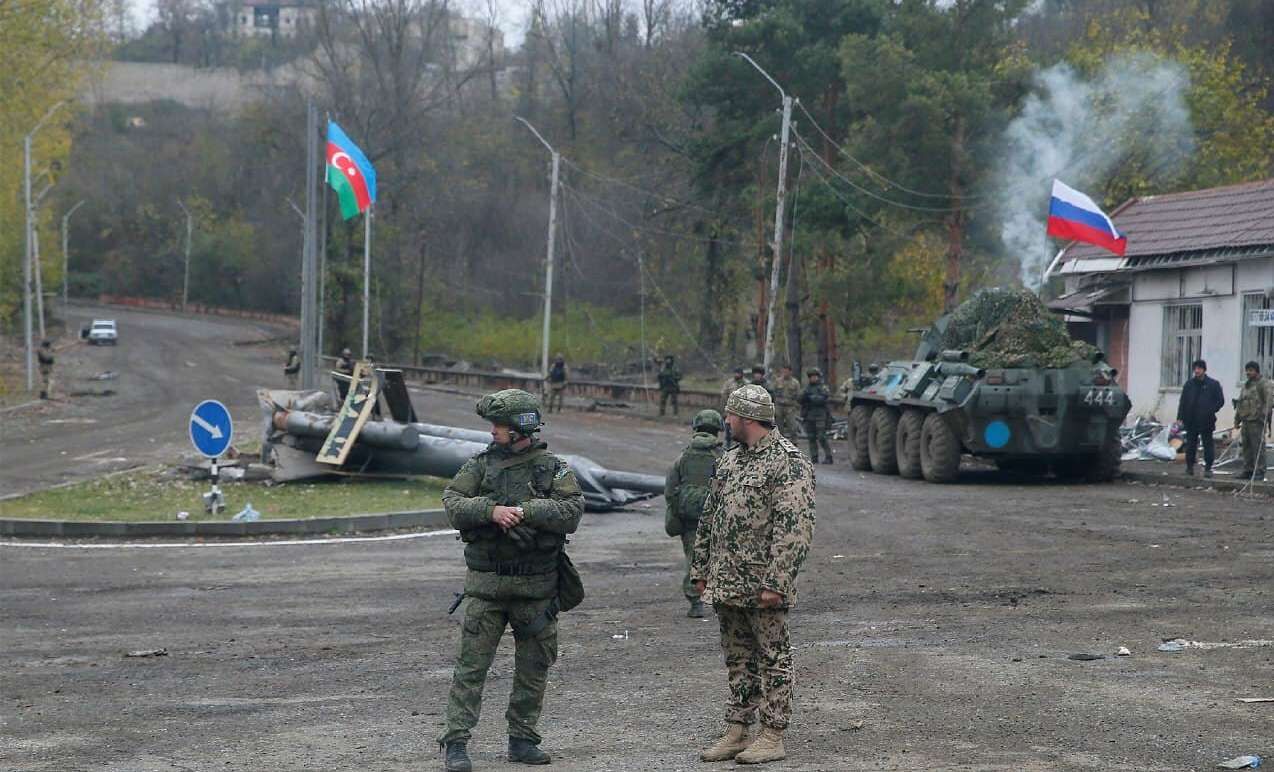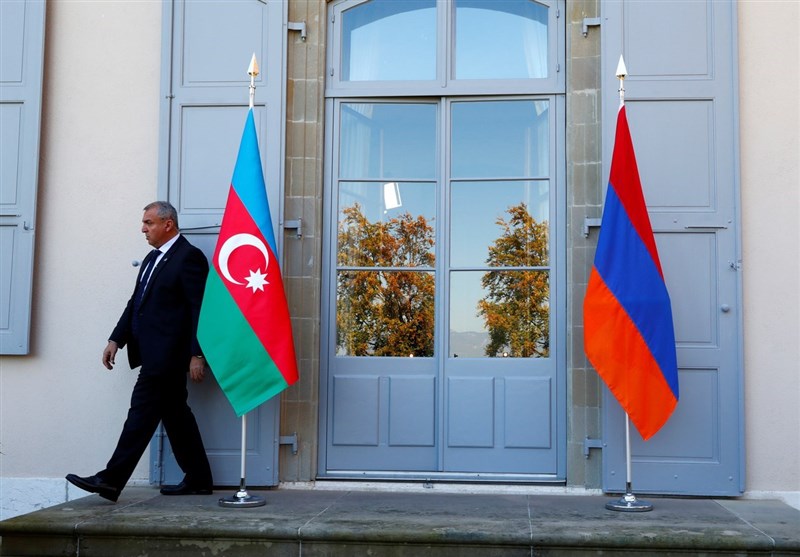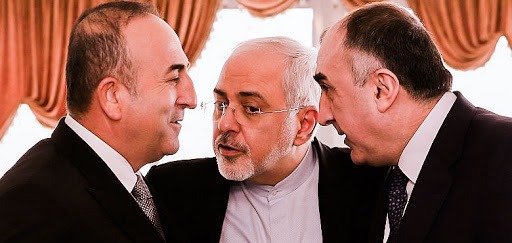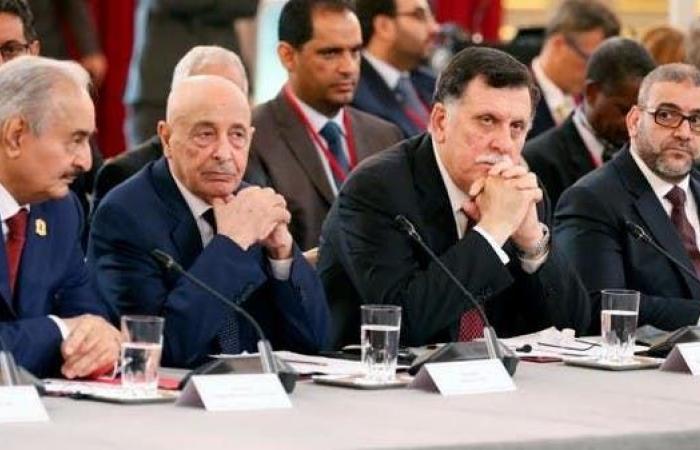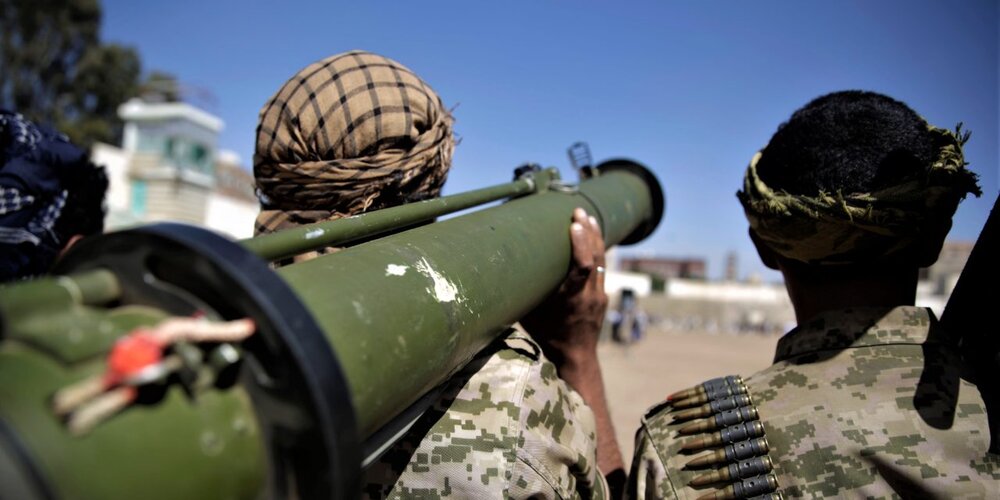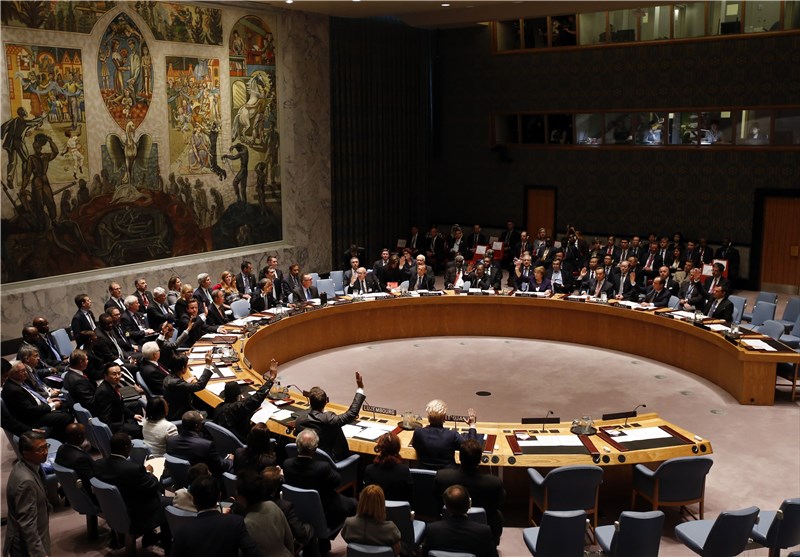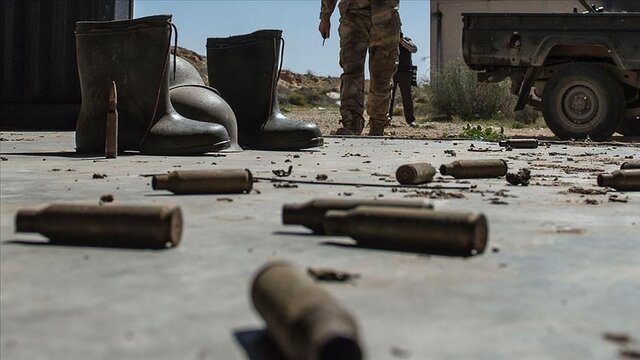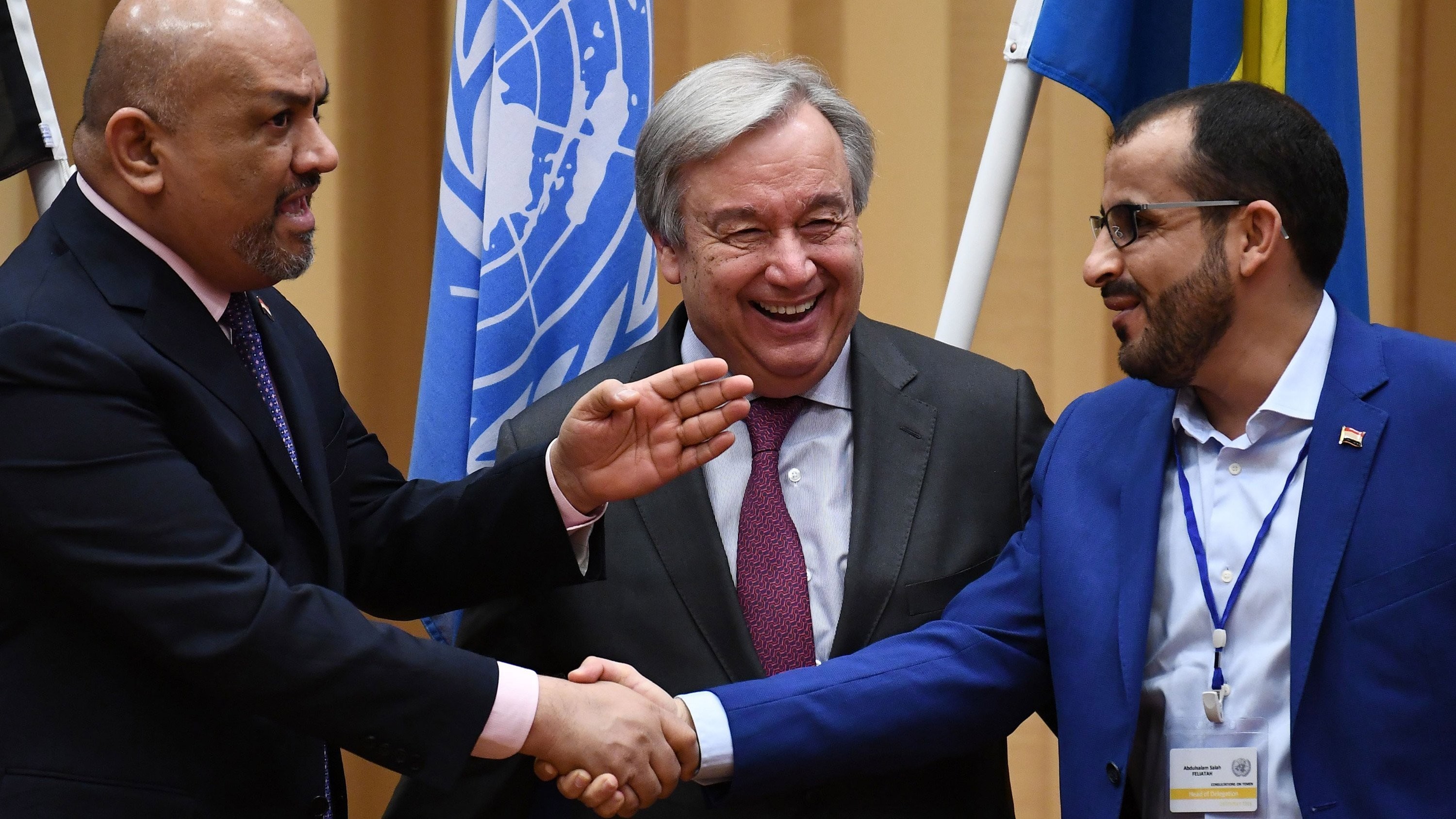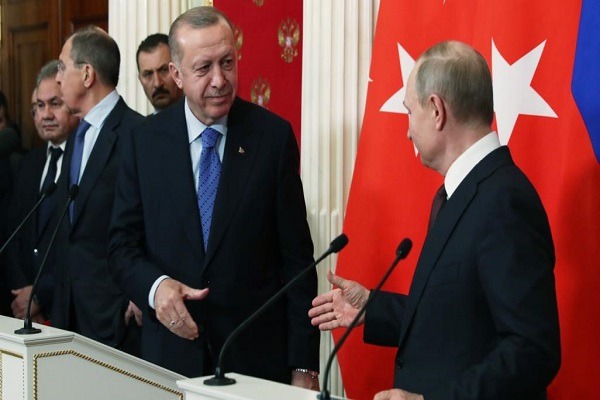Dimensions and Consequences of Erdoğan’s Visit to Iraq
Strategic Council Online – Note: Turkish President Recep Tayyip Erdogan’s recent trip to Iraq, after his last visit to Baghdad 13 years ago, is considered one of the most important political, economic, and security developments in the relations between the two countries.
Hamid Khoshayand- an expert on regional issues









